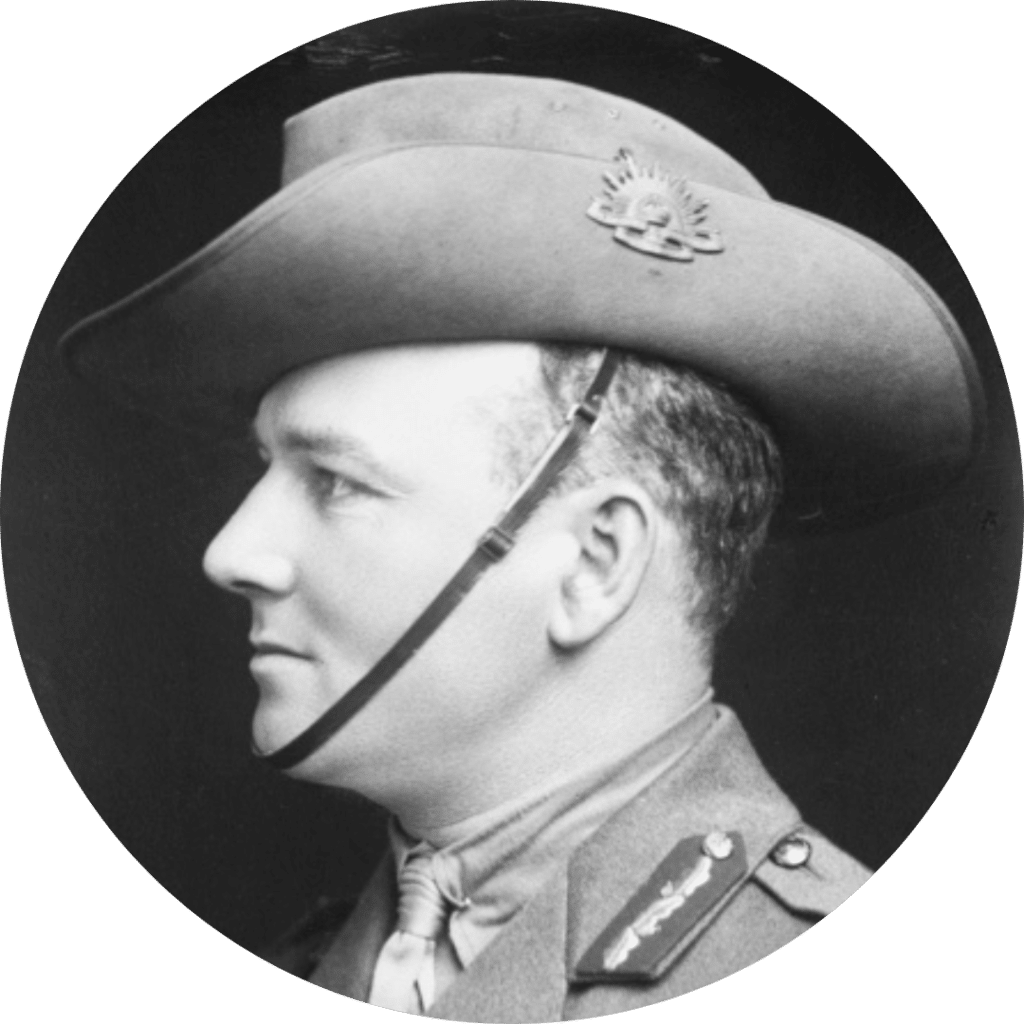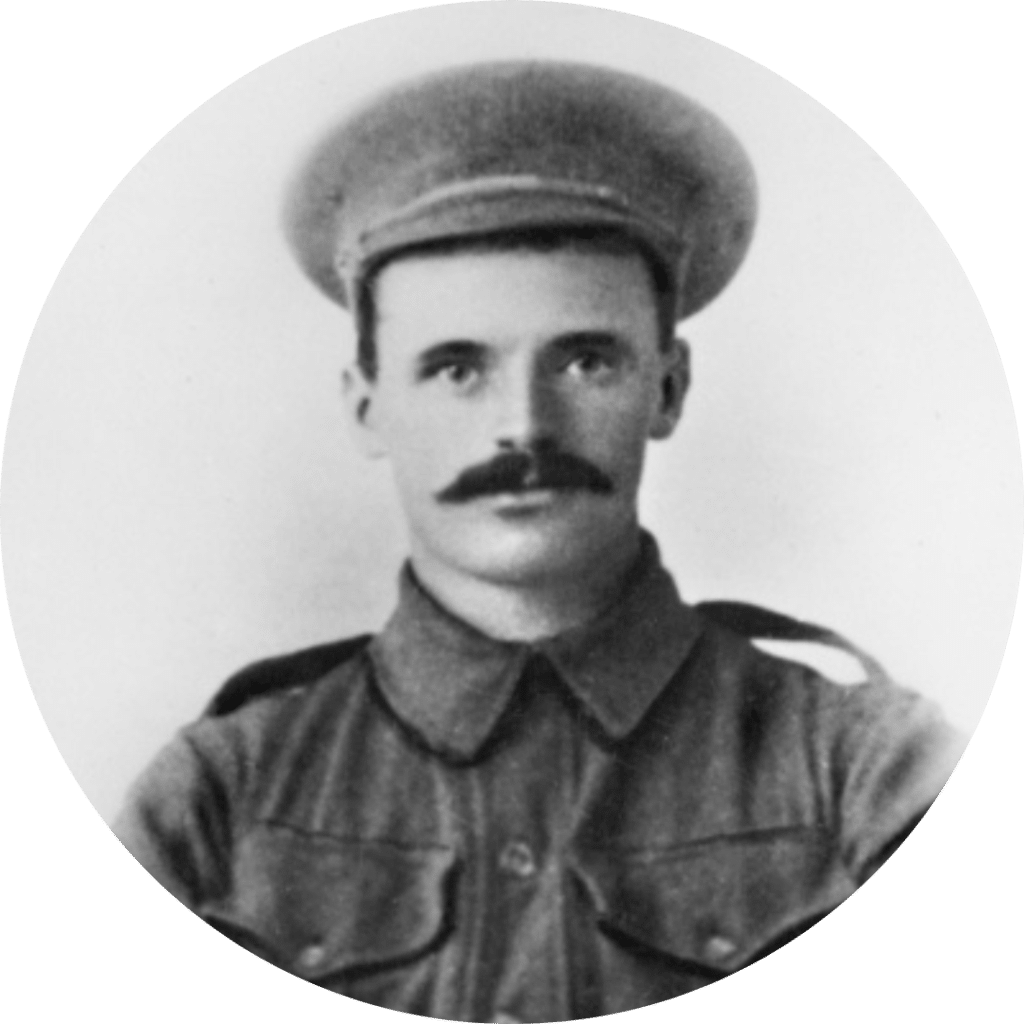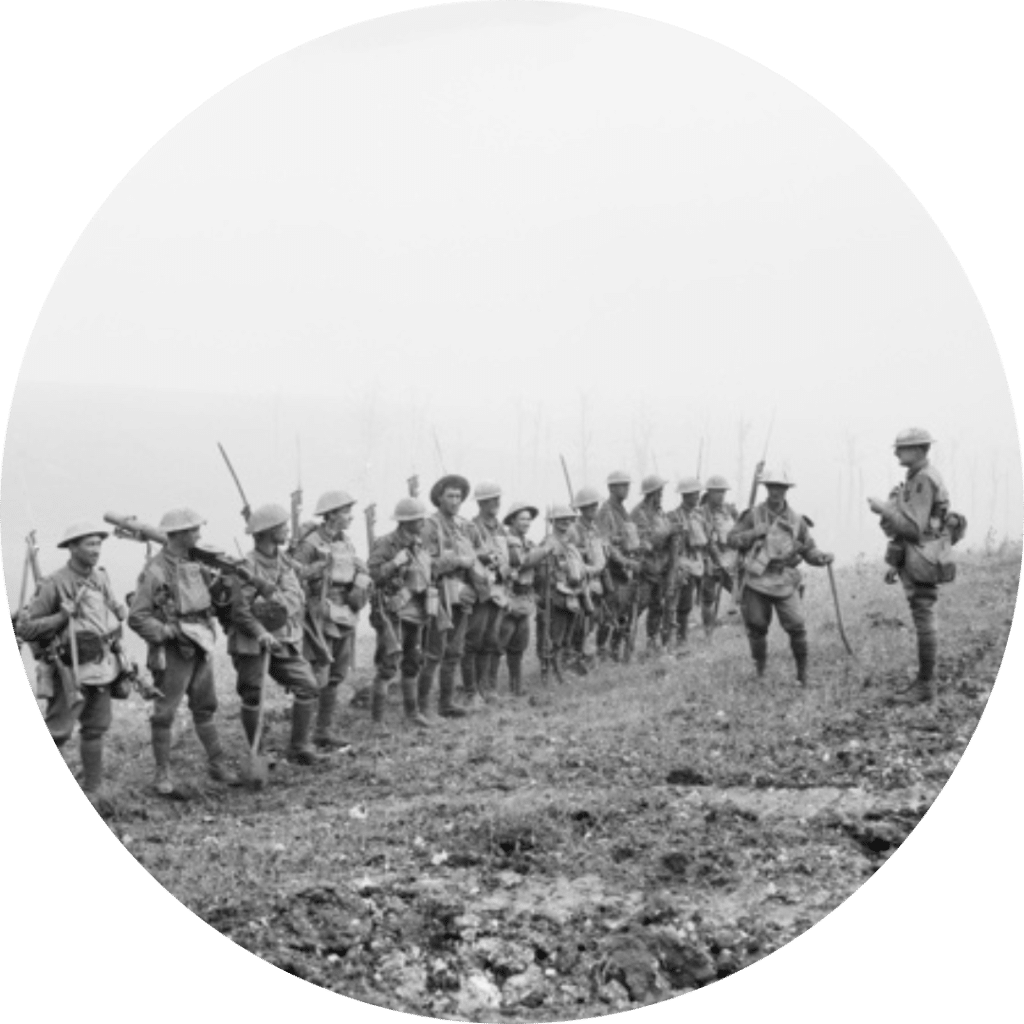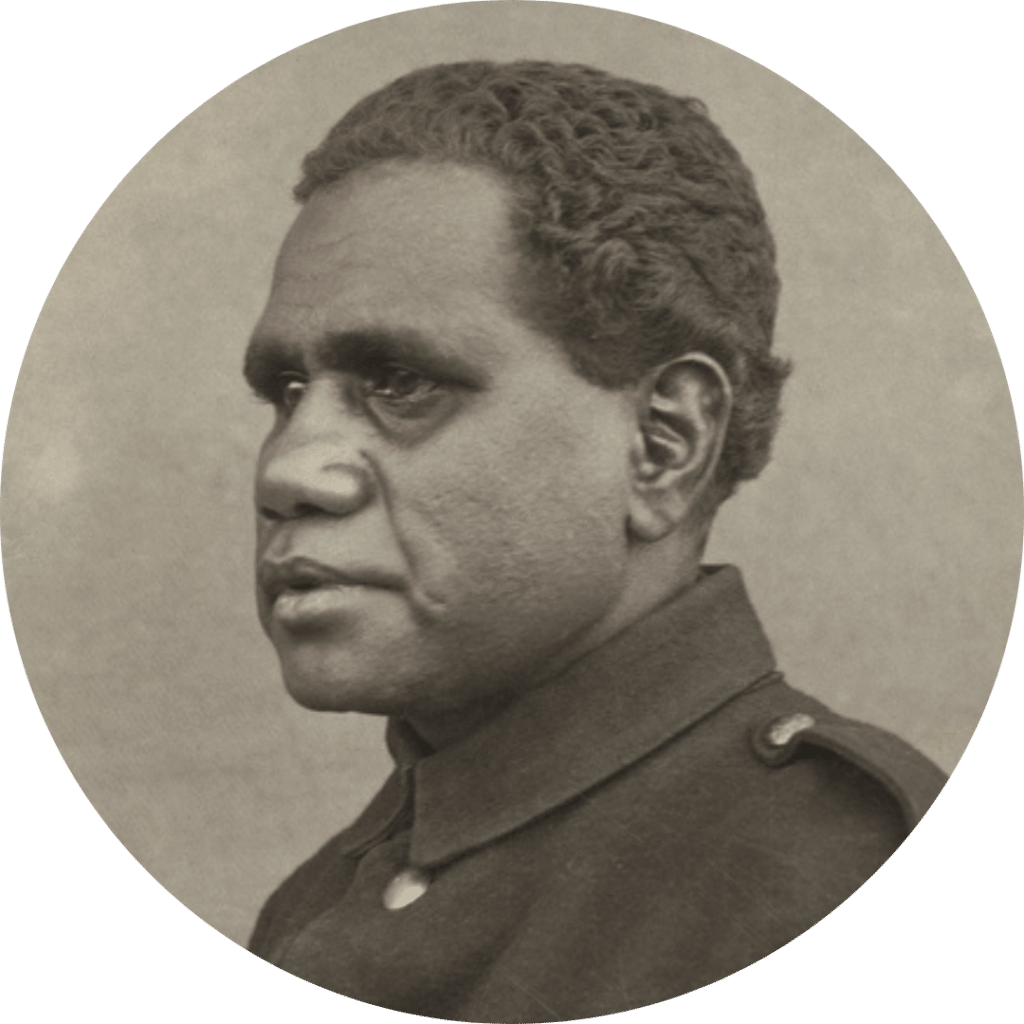IN THEIR HONOUR
25 APRIL 2024
The courage, endurance and sacrifice of the ANZACs in Gallipoli has left a powerful legacy, turning the 25th of April into a national day of remembrance. Today, we honour the legacy of our ANZACs and acknowledge the continued sacrifices made by our contemporary veterans.
This ANZAC Day, Soldier On wants to honour all veterans of the past, while working to support those with us now and into the future. As part of our annual In Their Honour campaign, we would this year like to invite the community to contribute to our online Wall of Honour, by sharing a photo of a family member, friends, or other loved ones that you will be remembering this ANZAC Day. Alternatively, we’d love people to share photos of the many local war memorials located around Australia.
You can also donate to our annual appeal to support our service serving and ex-serving members and their families.
Read their stories
The ANZAC legend was born on 25 April 1915 when Australian and New Zealand soldiers landed on the shores of Gallipoli.
Under relentless fire, the ANZACs embodied the themes of courage, endurance, mateship and sacrifice.
Learn more about the ANZAC spirit through our veteran stories.
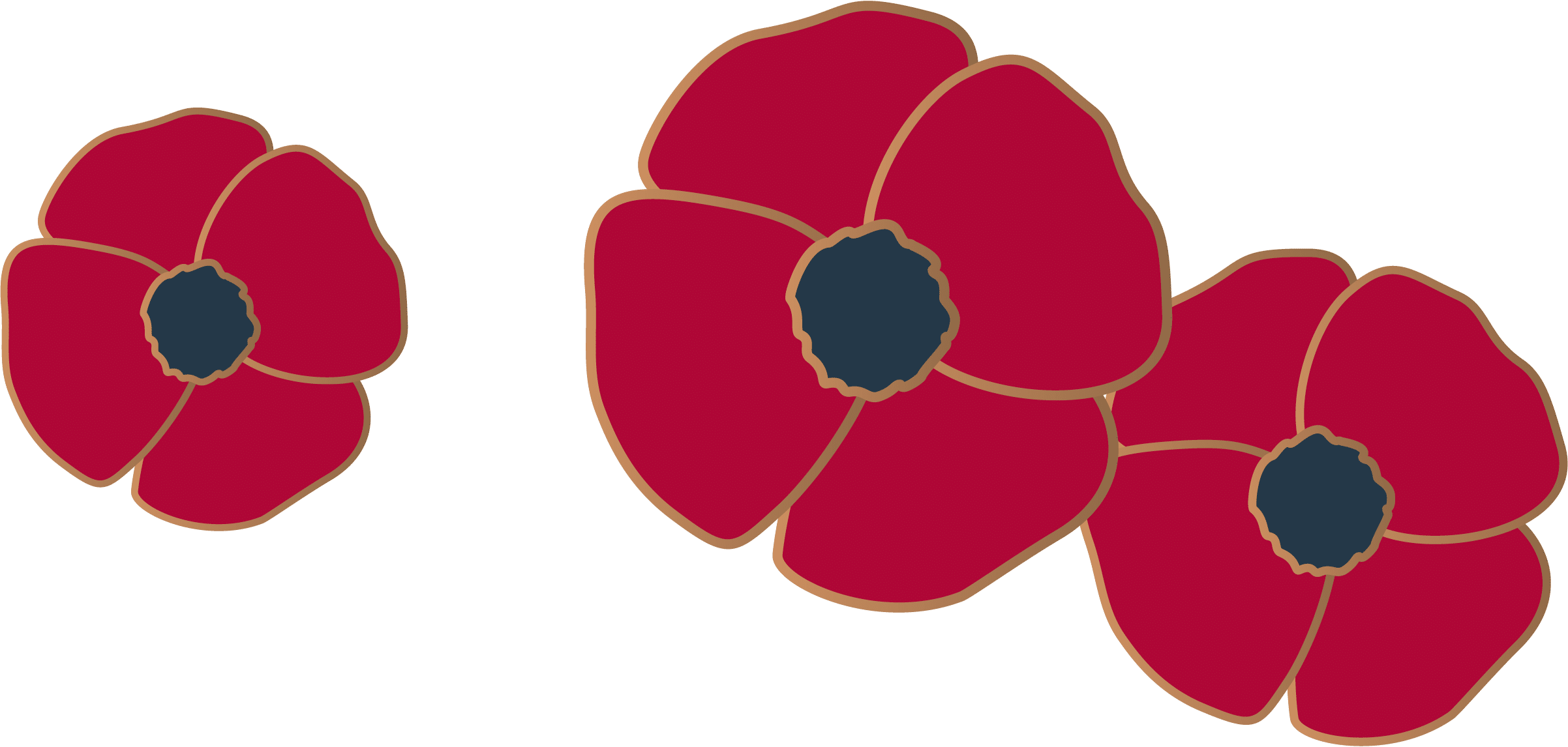
School resources
More than 100 years on from Australia’s involvement in the First World War, ANZAC Day remains an important day to honour and remember those who have served and continue to serve our nation.
Soldier On has created activities and educational pieces for students to learn about our nation’s servicemen and women and honour the sacrifices they continue to make.
Click any of the links to download ANZAC resources and activities.
